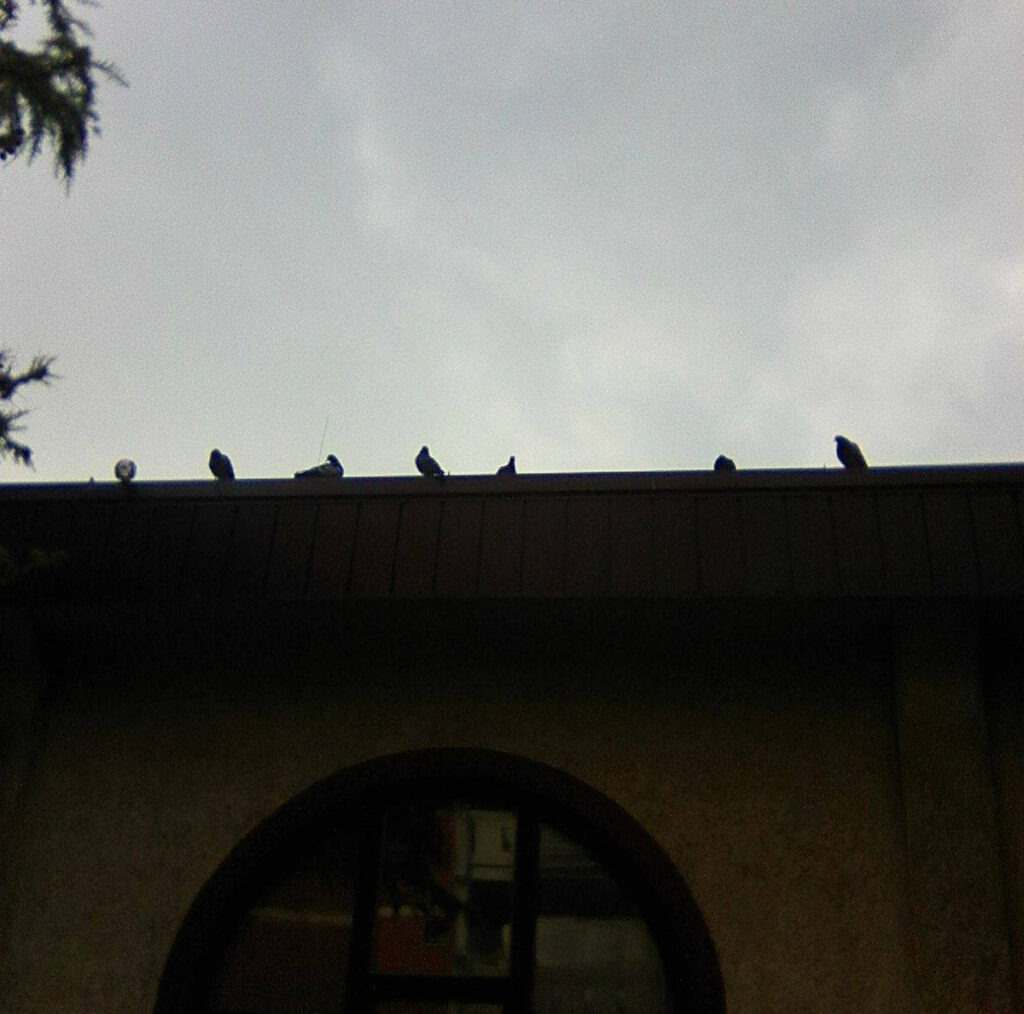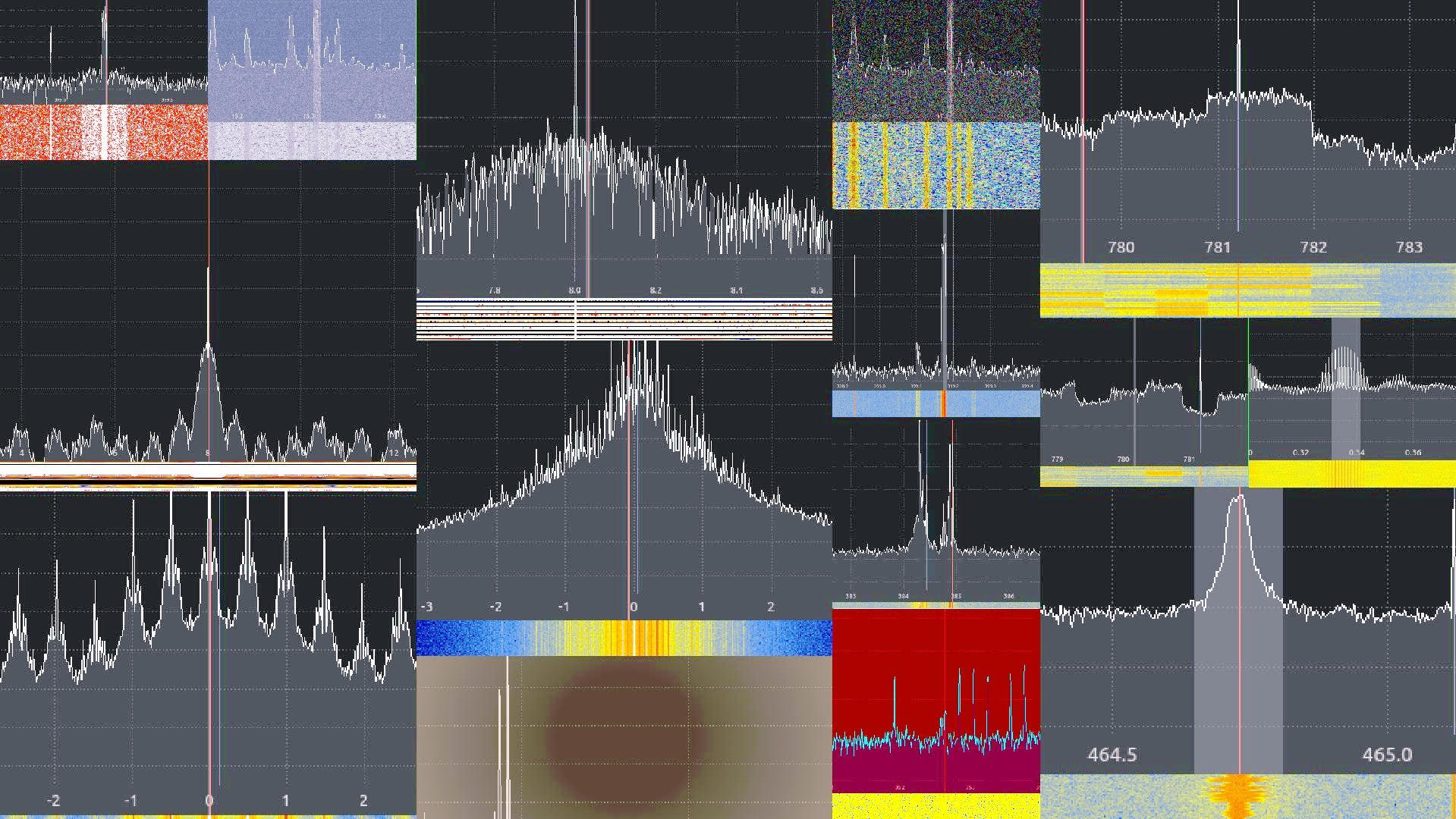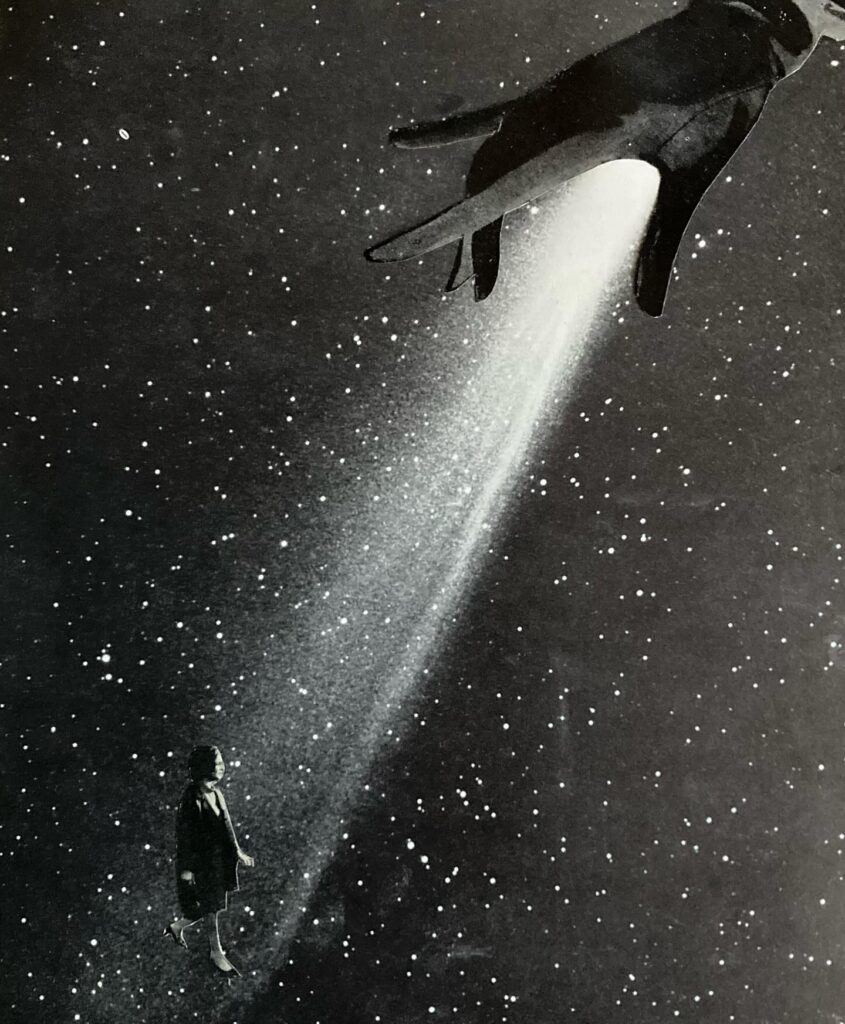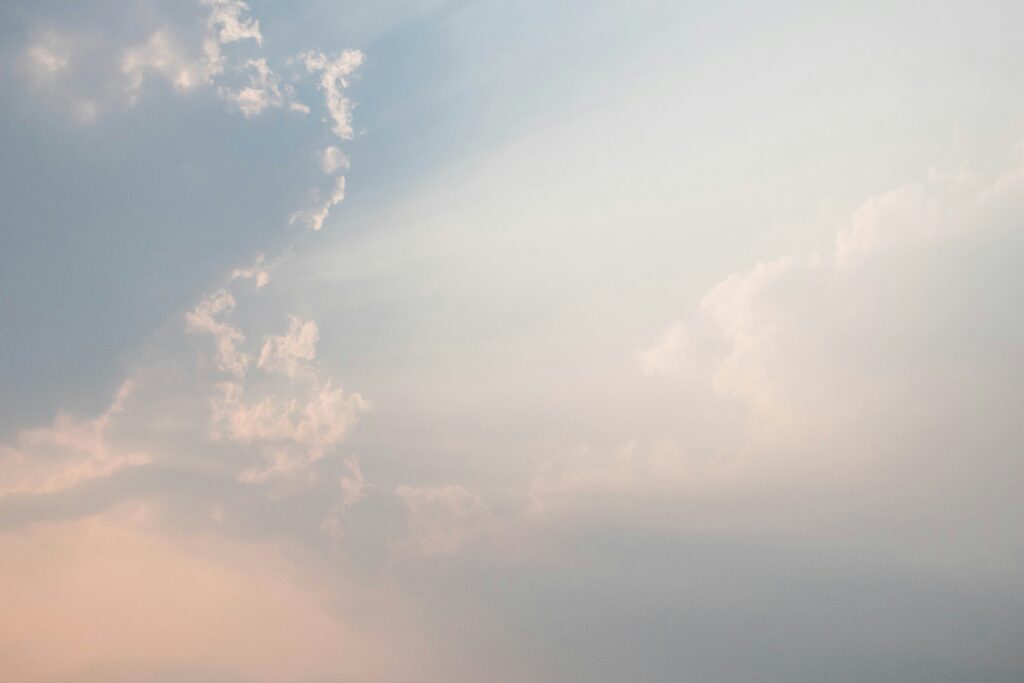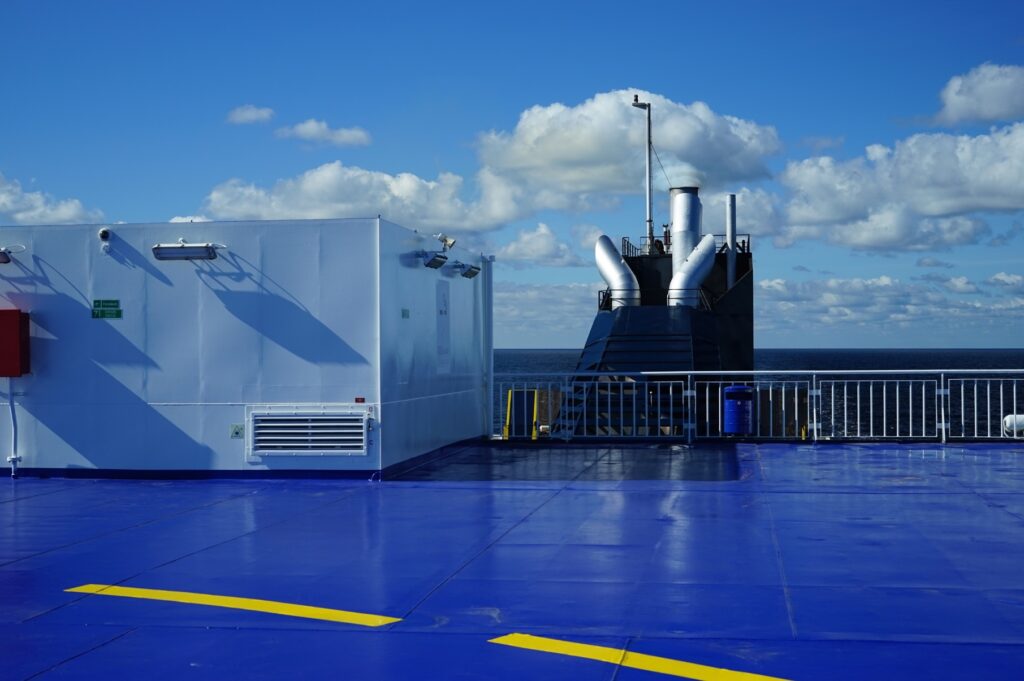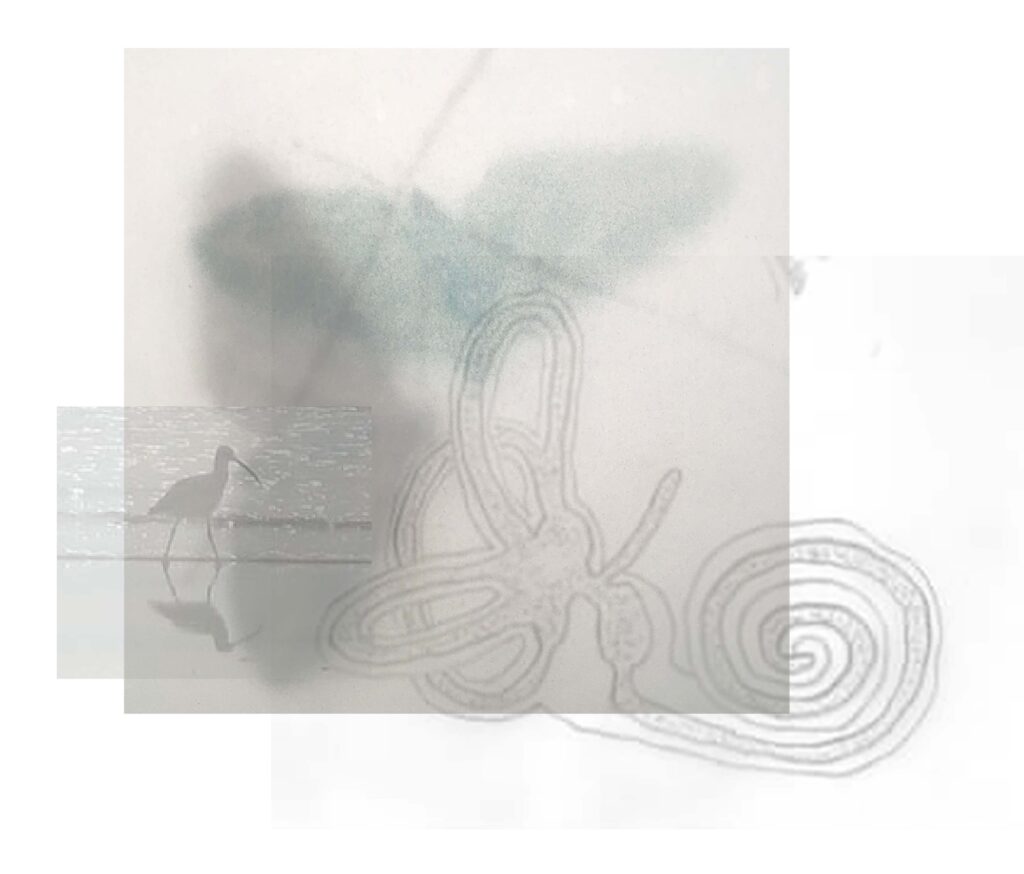Show 1044: To kar zvok dvomu vzame / Sound that doubt takes” by Mrtvo Rođena Živa Lešina (Radio Študent)
Radio Študent this time presents a sound collage “To kar zvok dvomu vzame / Sound that doubt takes” by Mrtvo Rođena Živa Lešina. MRŽL is an artistic performance that exists in the in-between spaces of poetry, music, and photography. It explores the fear of death—silenced in modern society—and how, through apathy and nihilism, one arrives at a creative process where anonymity becomes an integral part of identity. Regarding this piece, they state the following: “Radio collage is a way of processing sound. It emerged out of necessity, due to the inaccessibility of smartphones and the internet. A push-button phone, which picks up radio signals and has the function of recording radio waves, serves as both a means of retrieving audio messages and an archive. The storage space is limited to 25 minutes of audio recordings before they are transferred to a larger archive, allowing the phone’s memory to be cleared for new recordings. The final composition is built from these recordings, using contrasts between them to reveal meanings that were previously hidden within their original contexts. The recordings range from 3 to 60 seconds in length. Each captures the most essential part of a song, an interview, or a news report. Only fragments of songs are recorded—preserving the emotions of the listening moment rather than the song itself. Similarly, in interviews, while a half-hour conversation may convey a great deal of information, it is equally important to capture the dynamics between the speakers. A ten-second clip can reveal moments of conflict and confrontation with another person’s thinking. With news, the understanding works in reverse. Short clips of current political affairs isolate pieces of information that might otherwise be lost in the flood of daily news—seemingly less urgent yet still significant. By removing these fragments from their original context, archiving them, and reintroducing them in a new framework, the collage plays with the perceived relevance of information. What might seem trivial in one setting can carry weight in another. At the same time, it also exposes the emptiness of certain information—what in one context signifies authority, professionalism, or intelligence may, in another, reveal itself as mere empty rhetoric, a hollow interpretation of new laws and state actions.”
Radia.fm program by Radio Študent, curated by Urška Savič.

